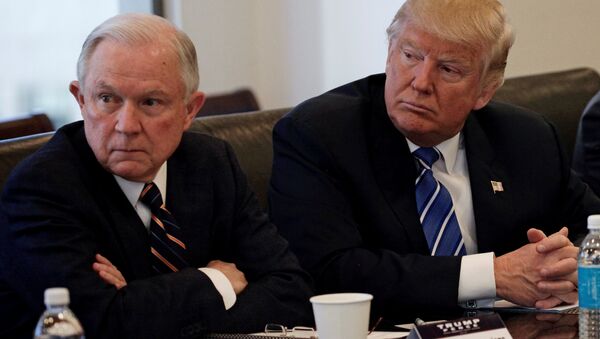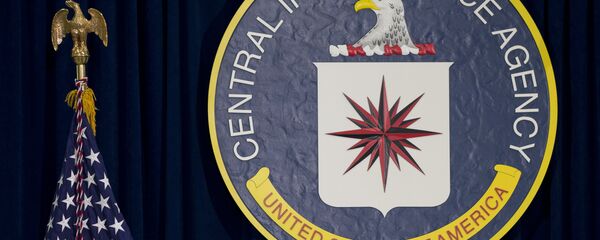Terry J. Albury faces a likely sentence of between 37 and 57 months under his plea agreement, but the punishment will ultimately be at the discretion of US District Judge Wilhelmina Wright, who did not set a sentencing date. In court, Albury said he knew what he was doing was illegal, but felt FBI investigations treated minority communities with "suspicion" and "disrespect."
Screen Grabbed
Charging documents filed March 27 didn't name the news organization or reporters, but the date of the classified documents and their subject matter — which related to assessing informants and recruiting them by identifying "motivations and vulnerabilities" — corresponded with a story posted by The Intercept on January 31 2017. The article related how the FBI's online activities were so pervasive bureau agents sometimes ended up investigating their own operatives.
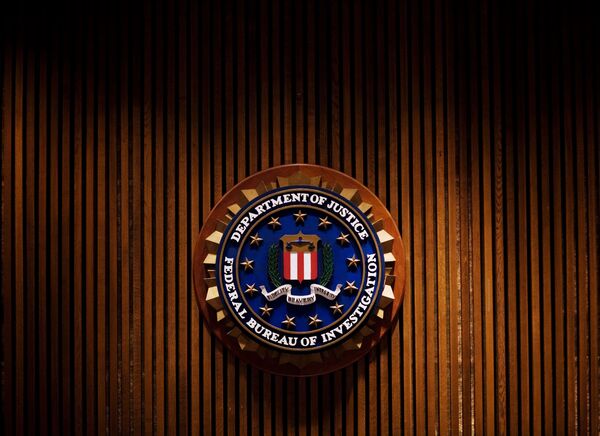
After the hearing, Albury's attorneys, JaneAnne Murray and Joshua Dratel, issued a statement saying he'd acted out of "conscience", as he believed the FBI predominantly reflected a white male culture and was troubled by racism in the agency. Many of the FBI's counterterrorism investigations in Minnesota are said to have focused primarily on the states' large Somali-American community.
"The situation became even more acute for him when, having previously served a tour for the FBI in Iraq, he was assigned to the counterterrorism squad and was required first-hand to implement FBI investigation directives that profiled and intimidated minority communities in Minnesota and other locations in which Terry served," the pair wrote.
Plumbers Redux
The Trump administration has made prosecuting government employees who leak sensitive information to the media a high priority, with Attorney General Jeff Sessions claiming in 2017 the Justice Department had more than tripled the number of active leak investigations since President Barack Obama left office, and the FBI had created a new counterintelligence unit to focus on such cases.
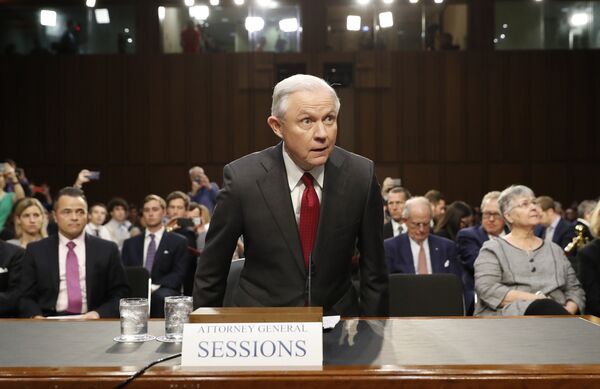
Journalists were also targeted by Obama — investigators attempted to subpoena phone records of Associated Press journalists, threatened to jail an investigative reporter for The New York Times, and named a Fox News reporter a co-conspirator in a leak case. In 2014, Texan journalist Barrett Brown, who was investigating private defense contractors was federally prosecuted, was charged for sharing a hyperlink containing hacked Stratfor information that was already in the public domain.
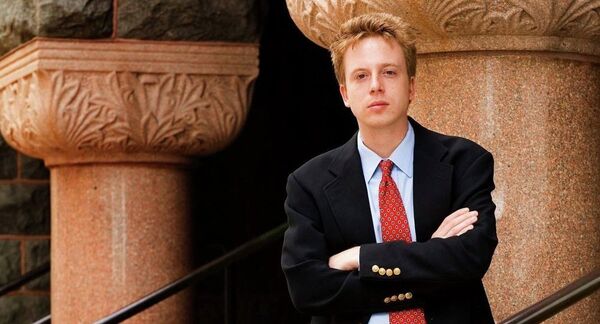
In January 2015, he was sentenced to 63 months in federal prison for the crimes of accessory after the fact and obstruction of justice, and fined US$890,250. It has been suggested prosecutors made false allegations to increase the length of his sentence, as the government considered him particularly dangerous.
Such was the Obama administration's war on whistleblowers, in 2015 the US almost fell out of the top 50 in Reporter Without Borders' annual press freedom index. The country had slid 29 spots since Obama took office.
This unprecedented crackdown came despite Obama promising on his first day in the White House to launch "a new era of open government."
"The Government should not keep information confidential merely because public officials might be embarrassed by disclosure, because errors and failures might be revealed, or because of speculative or abstract fears," he said in a January 21 2009 memorandum.
